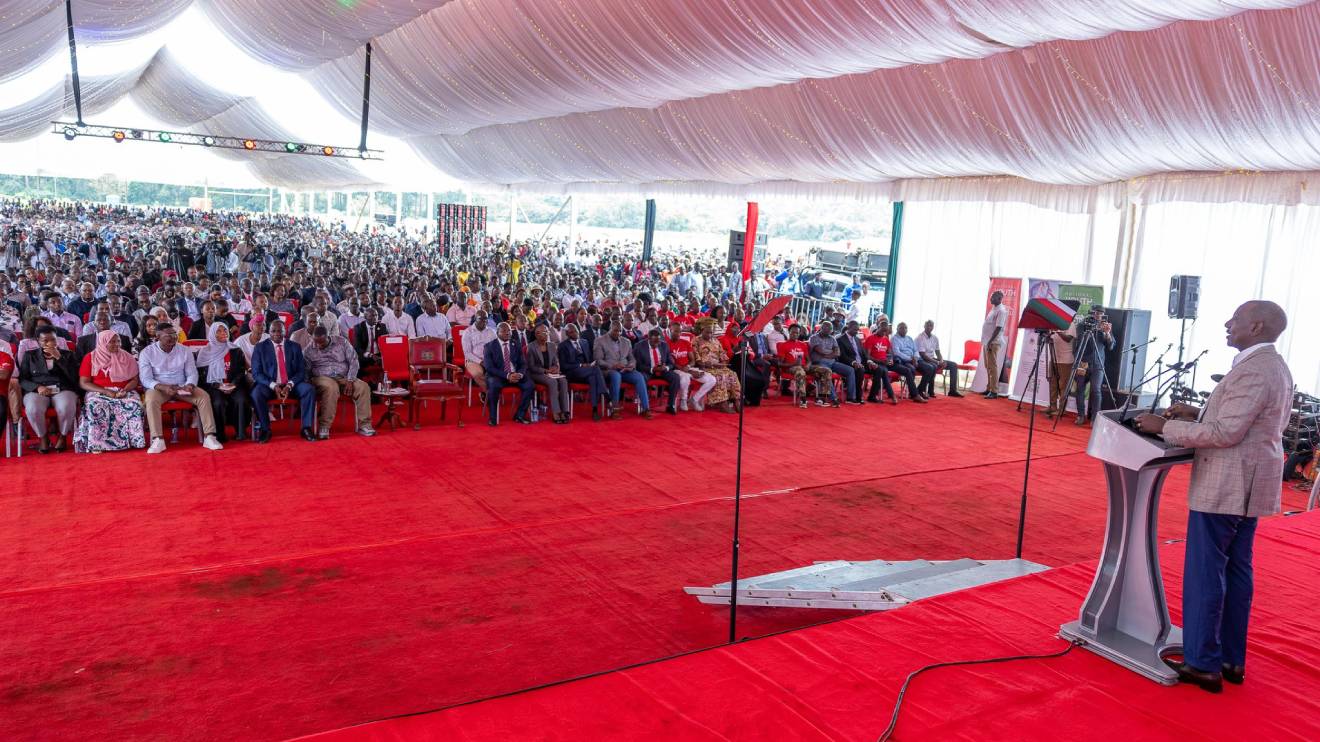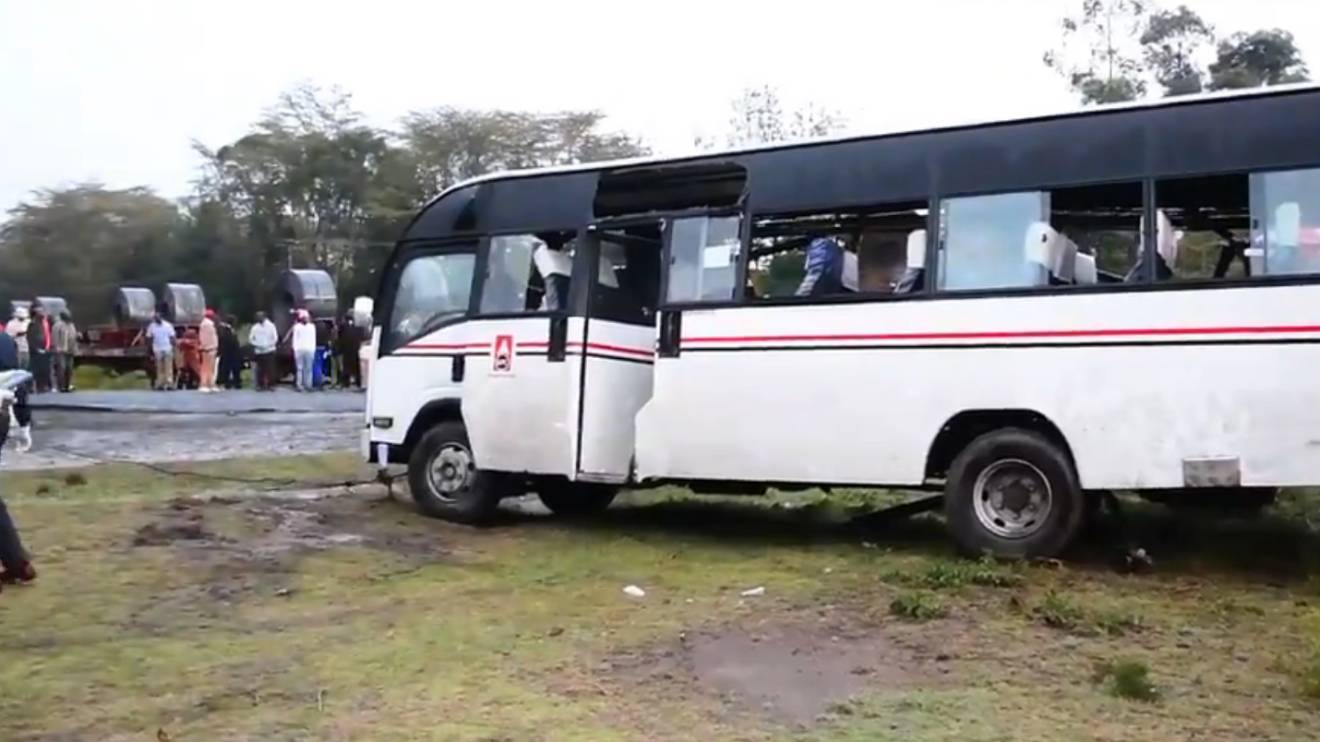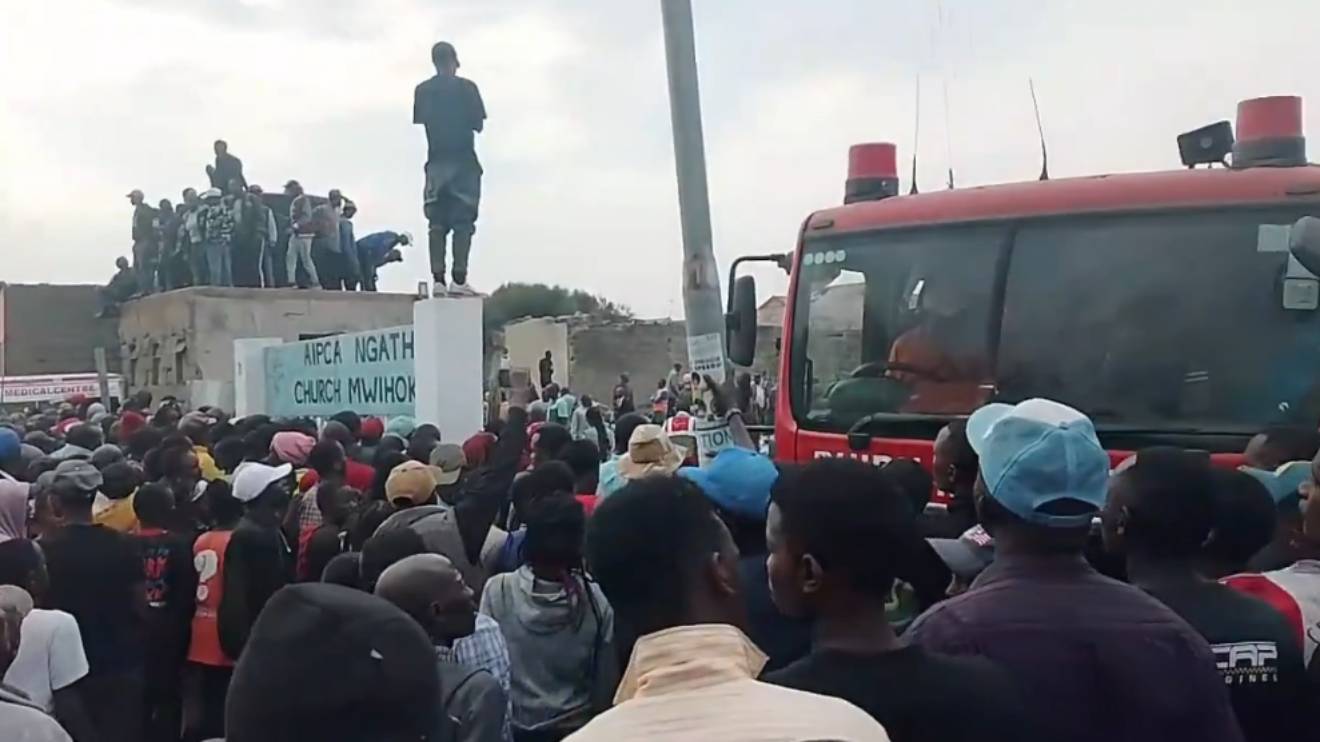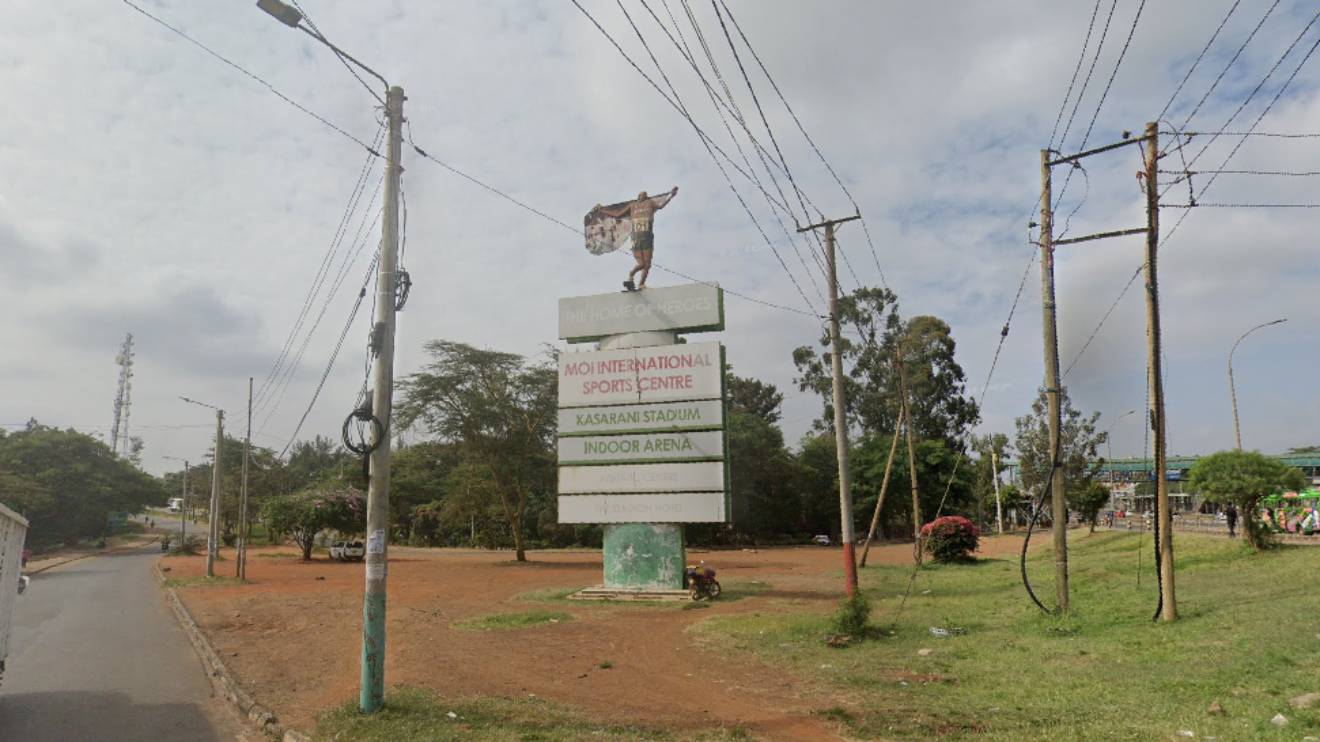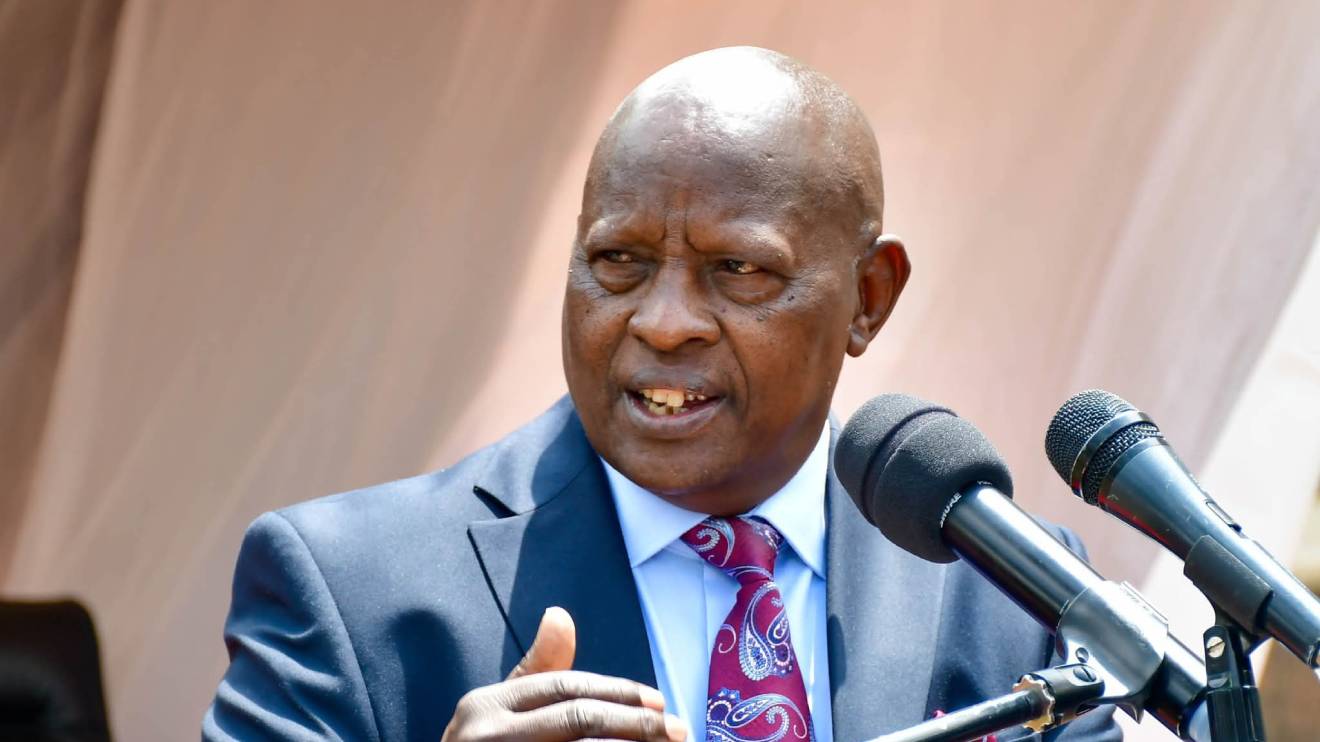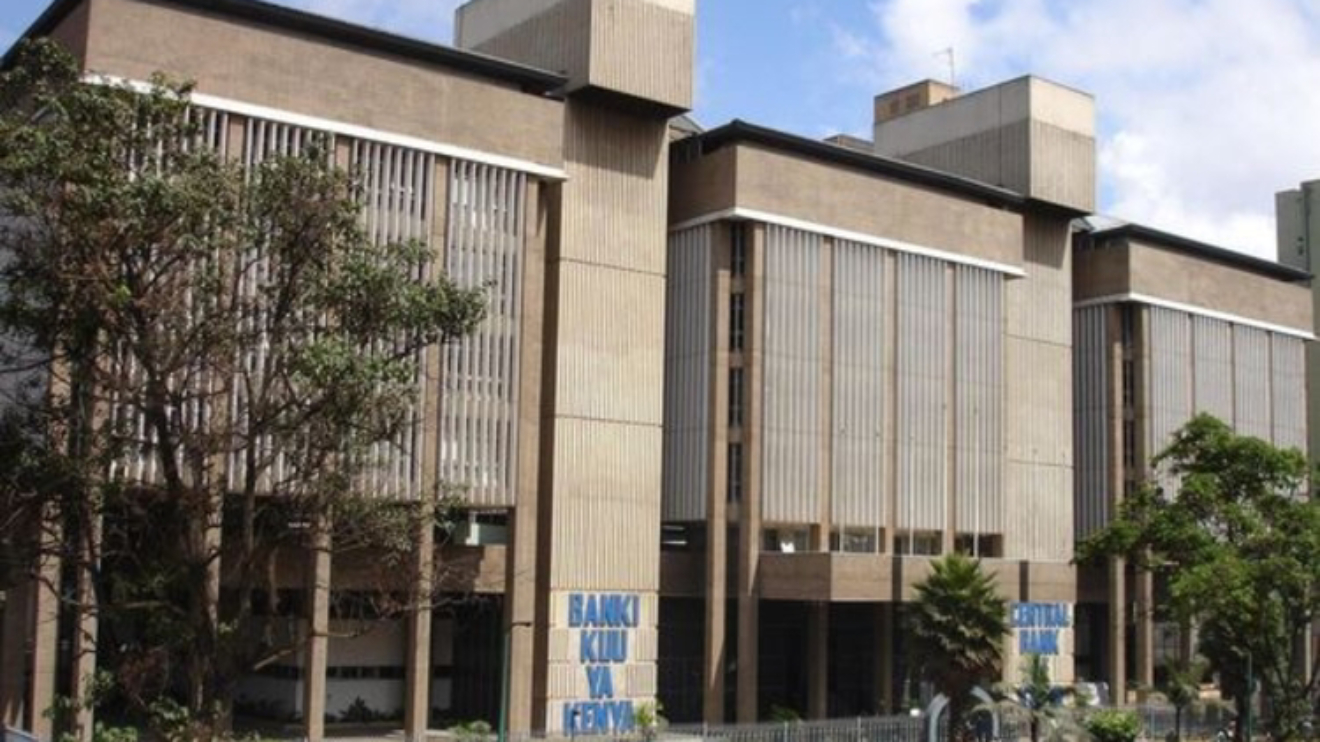The High Court of Kenya, under the stewardship of Justice Lawrence Mugambi, has delivered a pivotal ruling concerning the deployment of the Kenya Defence Forces (KDF) to support the National Police Service during ongoing protests.
This decision arises from Constitutional and Human Rights Petition No. E307 of 2024 filed by the Law Society of Kenya against several state respondents, including the Attorney General and the Chief of the Kenya Defence Forces.
Background
The petition challenges the legality and procedural integrity of Gazette Notice No. 7861, dated 25th June 2024, which authorised the deployment of KDF to address purported violent protests threatening critical infrastructure across various parts of the Republic of Kenya that stemmed from the proposed Finance Bill 2024.
The Law Society of Kenya contended that the notice and subsequent deployment were unconstitutional and sought several orders to suspend the actions sanctioned by the Gazette Notice.
Read More
Court's Determination
After considering the submissions and upon hearing the arguments, the court made the following determinations:
Necessity of Military Intervention:
The court acknowledged the necessity of the military's support to the National Police Service to preserve order, peace, public safety, and critical infrastructure.
It confirmed that the intervention aligned with constitutional and statutory provisions, asserting that the military's involvement was properly invoked.
Clear Definition of Military Engagement:
The court directed that the terms, scope, and duration of the military's engagement be explicitly defined and published within the next two days.
This measure aims to mitigate public fear regarding potential infringements on constitutional liberties and to reassure citizens that their rights will be respected during military operations.
Oversight and Human Rights Observance:
The court retained residual powers to oversee the military deployment, particularly concerning the observance of human rights.
It mandated that the case file remains open to address any complaints of violations for the duration of the military's involvement.
Court Orders:
The ruling included an injunction restraining the respondents and their agents from deploying the KDF under the contested Gazette Notice pending the hearing and determination of the petition.
The court also granted the petitioner liberty to seek further orders deemed just and expedient.
Implications
This ruling underscores the judiciary's role in balancing state security measures with the protection of constitutional rights.
By mandating clear guidelines for military engagement and ensuring continued oversight, the court should always seek to uphold the rule of law while addressing urgent security concerns.
The ruling has significant implications for future interactions between military and civilian authorities during internal security crises.
The High Court's decision on the deployment of KDF during protests represents a critical juncture in the country's governance and legal landscape.
It reaffirms the importance of independent judicial oversight in the execution of state powers, particularly in scenarios involving potential civil liberties infringements.
The Law Society of Kenya's petition and the subsequent court ruling highlight the ongoing dialogue between safeguarding national security and protecting individual rights.


